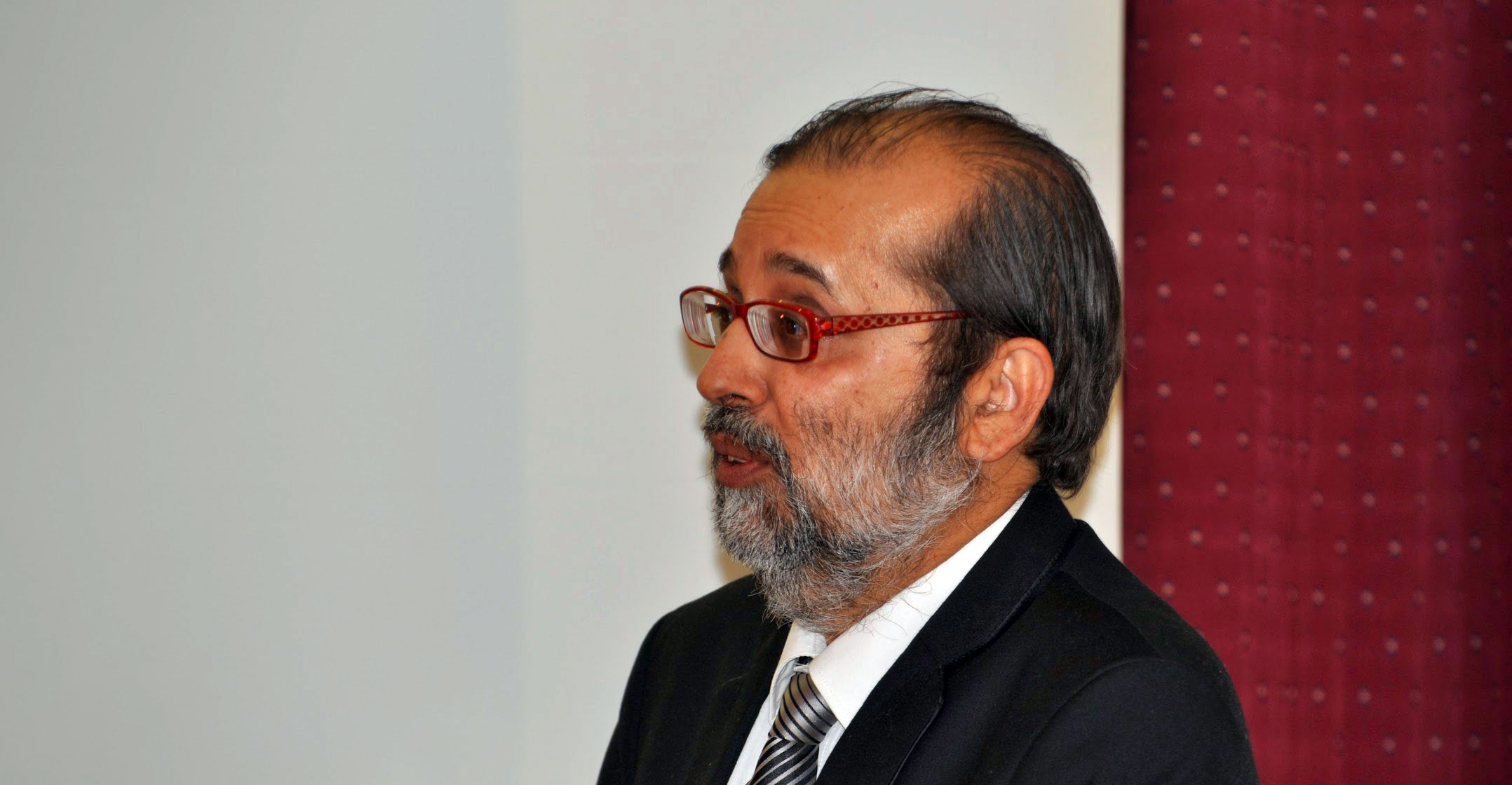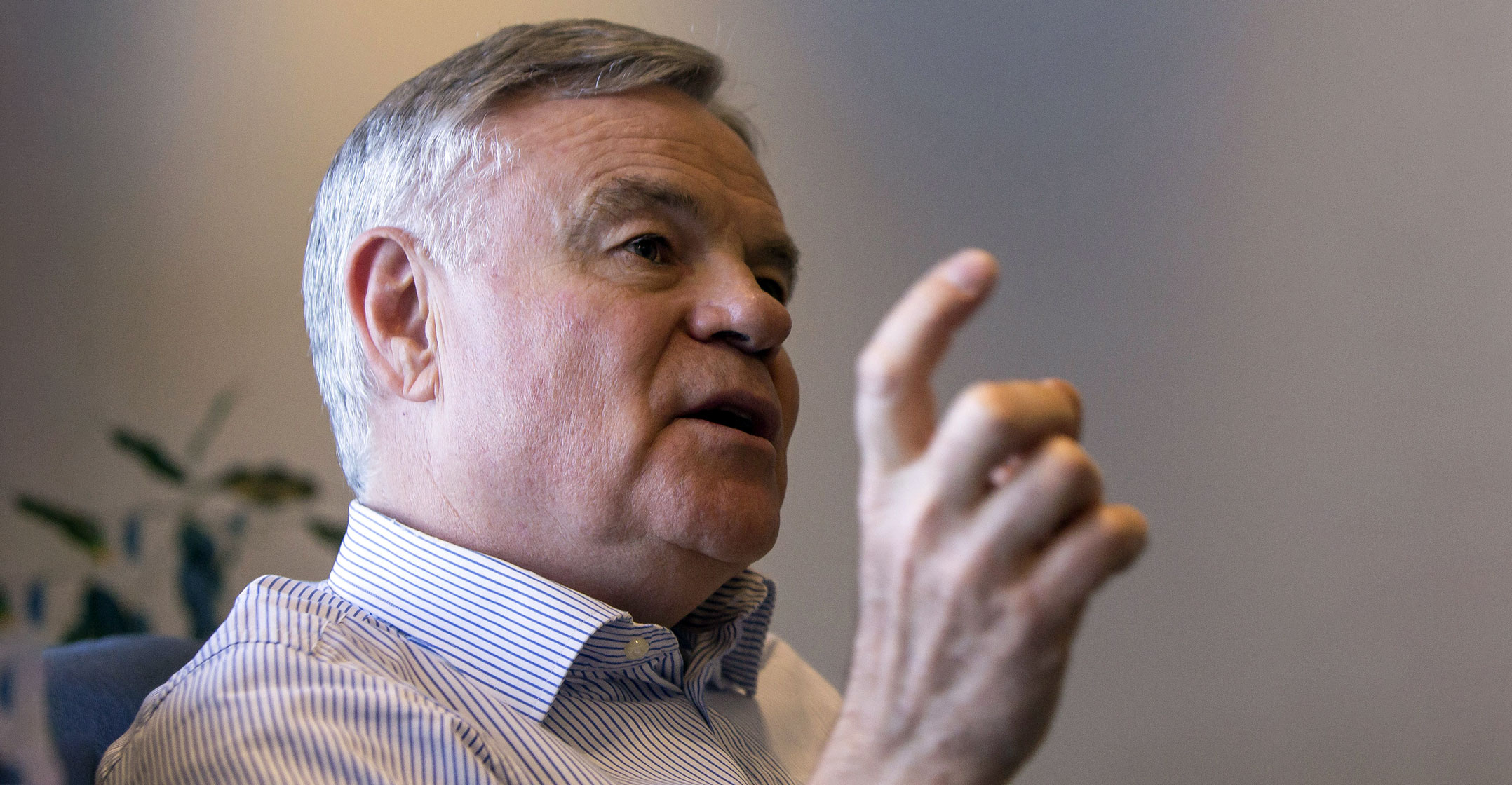
Former communications minister Yunus Carrim has fired a broadside at Naspers and its chairman, Koos Bekker, saying the media group can’t investigate itself over allegations that it used commercial contracts to sway government policy on encryption of digital broadcasts.
“Naspers can’t investigate itself,” Carrim said in an interview with Gauteng radio station 702 on Monday. “The more Koos Bekker speaks, the more Naspers issues statements, the more MultiChoice does it, the deeper they dig themselves into a hole. I think they should accept that their behaviour, even it wasn’t illegal, was beyond what is normally the ethics of what would define a relationship between a company and politicians.”
Carrim’s comments come after Naspers’s board of Friday issued a statement decrying “persistent baiting” of the group “to intervene in the affairs of MultiChoice”.
“While some reporting is no doubt driven by an honourable wish to expose corruption, some of it is clearly intended to apply pressure on Naspers to force MultiChoice to take the news channel ANN7 off the air,” it said in the statement.
Questions have been raised about MultiChoice’s decision, revealed in the so-called “Gupta Leaks” e-mails to pay the Gupta-owned ANN7 a R25m advance and increase its annual payments to the news channel to R141m/year, from R50m previously.
Minutes of a meeting between the SABC and MultiChoice in June 2013 and published last week also revealed that executives from the pay-television operator pressured the public broadcaster to include a clause in a lucrative channel-supply agreement that would prevent it from carrying its free-to-air channels on a terrestrial platform that used encryption. At the time, MultiChoice was engaged in a high-stakes battle with rival e.tv over the issue.
‘Firmer framework’
Carrim said in his interview on 702 that parliament and government “need to look into providing a firmer framework for the relationship between business and politicians”. He said organised business, through Business Unity South Africa and other bodies, must reflect on how companies behave towards politicans. “Business and politicians need to come to some sort of understanding on how we relate to each other.”
The former minister said he has “absolutely no doubt” that both Naspers — “Mr Bekker in particular” — and MultiChoice “had a big hand in changing government policy (on) encryption”.

“I have no doubt that the clause that is in the MultiChoice/SABC agreement … was done to influence government policy via the public broadcaster. Secondly, whether the minutes of the meeting that Mr Bekker and Naspers refer to are legal or not is neither here nor there. The issue is, was it morally correct for business to exercise such huge sway on changing government policy? Thirdly, it’s not just through the SABC deal that Bekker and (former MultiChoice South Africa CEO Imtiaz) Patel … tried to influence government to change its policy. They did it in a variety of ways because they wanted no competition in this sector…”
In its statement on Friday, Naspers said the responsibility for dealing with the allegations lies with the MultiChoice board. “We have confidence in them handling the matter, following their governance procedures. Naspers is committed to strong governance and requires the same of its subsidiaries. Of course, once they’ve done that properly, they will report back to the Naspers board and the public.” — (c) 2017 NewsCentral Media




